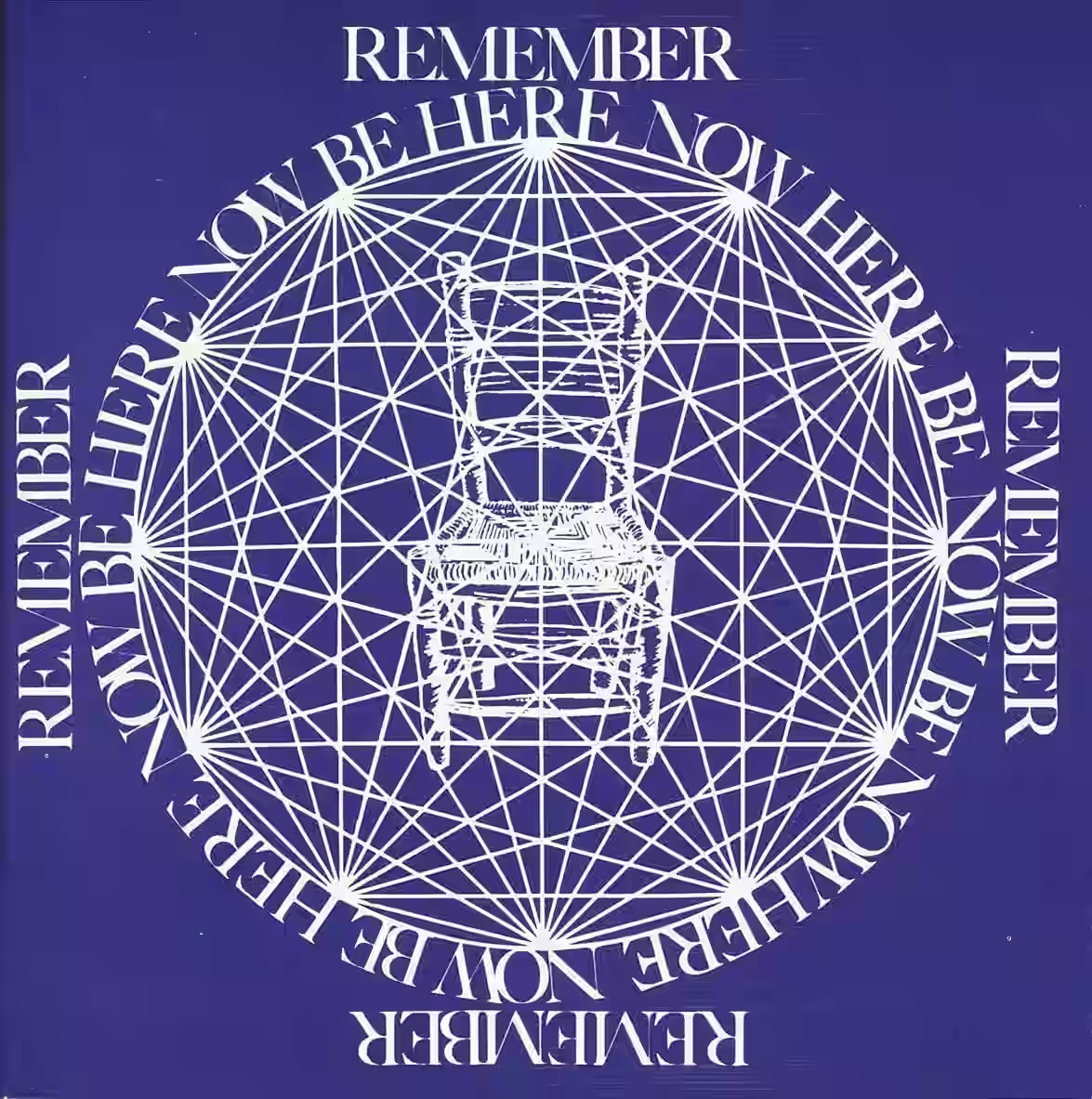
Part memoir, part spiritual guide, Be Here Now traces Harvard psychologist Richard Alpert’s transformation into Ram Dass after a life-altering trip to India. Blending Eastern philosophy, psychedelic exploration, and yoga teachings, the book offers a path to mindfulness and enlightenment. Its iconic illustrations and free-form structure embody its message of living in the present moment. Ram Dass emphasizes love, surrender, and the inner journey, encouraging readers to release ego and awaken to higher consciousness. A seminal work in 1970s counterculture, it remains a deeply influential text for spiritual seekers, mindfulness practitioners, and open-hearted wanderers alike.
About Ram Dass
Born Richard Alpert, Ram Dass was a Harvard psychologist turned spiritual teacher after a transformative journey to India in the 1960s. Under the guidance of Neem Karoli Baba, he became a key figure in introducing Eastern spirituality to the West. His seminal book, Be Here Now, combined psychedelic exploration with Hindu philosophy, launching a spiritual counterculture movement. Known for his warmth, humor, and depth, Ram Dass continued to teach about love, service, and mindfulness until his death in 2019. His legacy includes decades of writing, lectures, and activism rooted in compassion, spiritual inquiry, and living in the present moment.
Similar Books
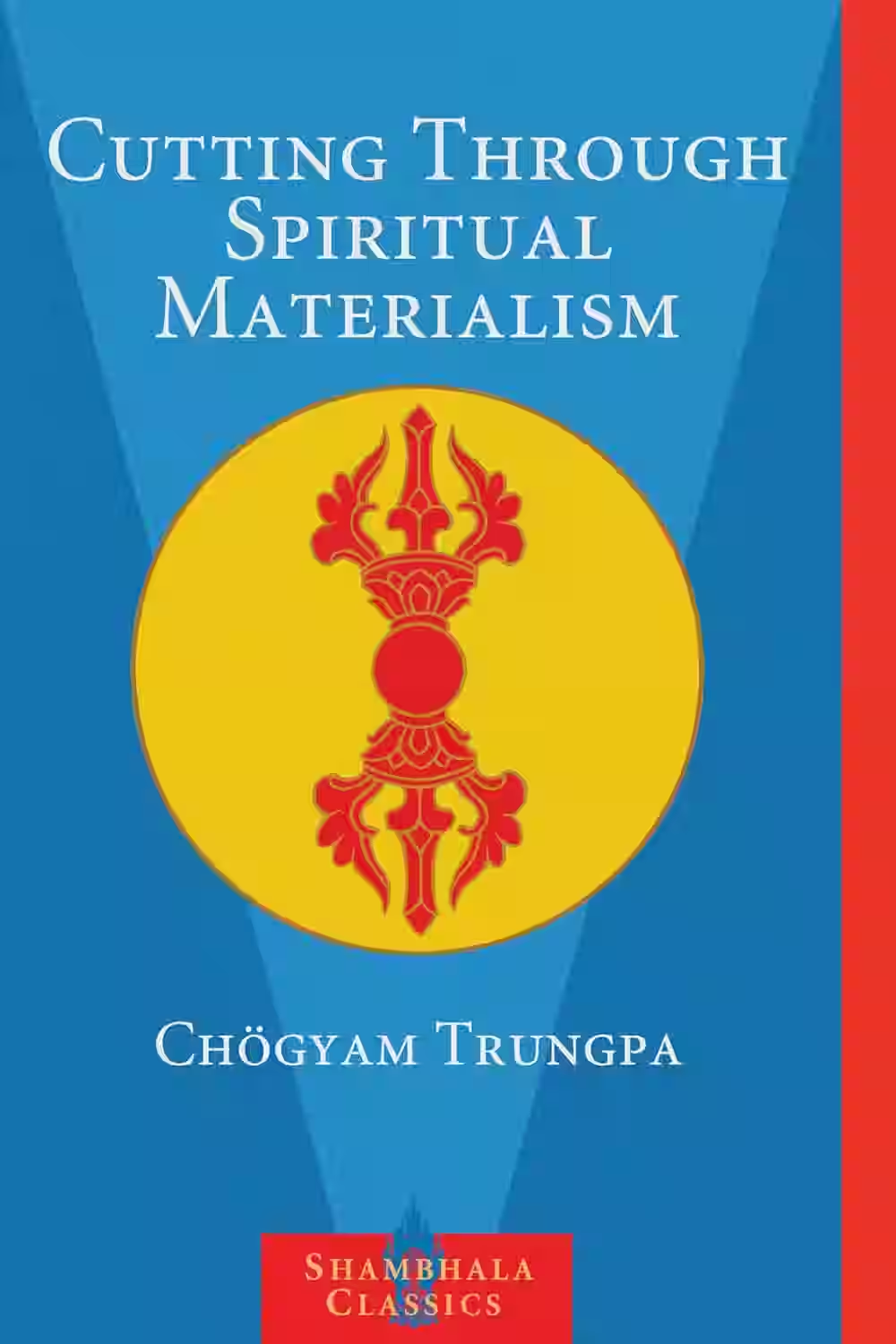
Cutting Through Spiritual Materialism
This powerful guide warns against the ego’s ability to co-opt spiritual practice for self-aggrandizement. Tibetan Buddhist master Chögyam Trungpa explains how spiritual ambition, attachment to progress, and identity-seeking can become obstacles to true awakening. Through practical advice and sharp insight, he exposes the subtle traps of self-deception, urging practitioners toward genuine humility and awareness. Blending Eastern wisdom with Western accessibility, the book encourages letting go of expectations and facing reality directly. It remains a foundational text for those serious about spiritual development and inner transformation, highlighting that the true path is one of openness and surrender.
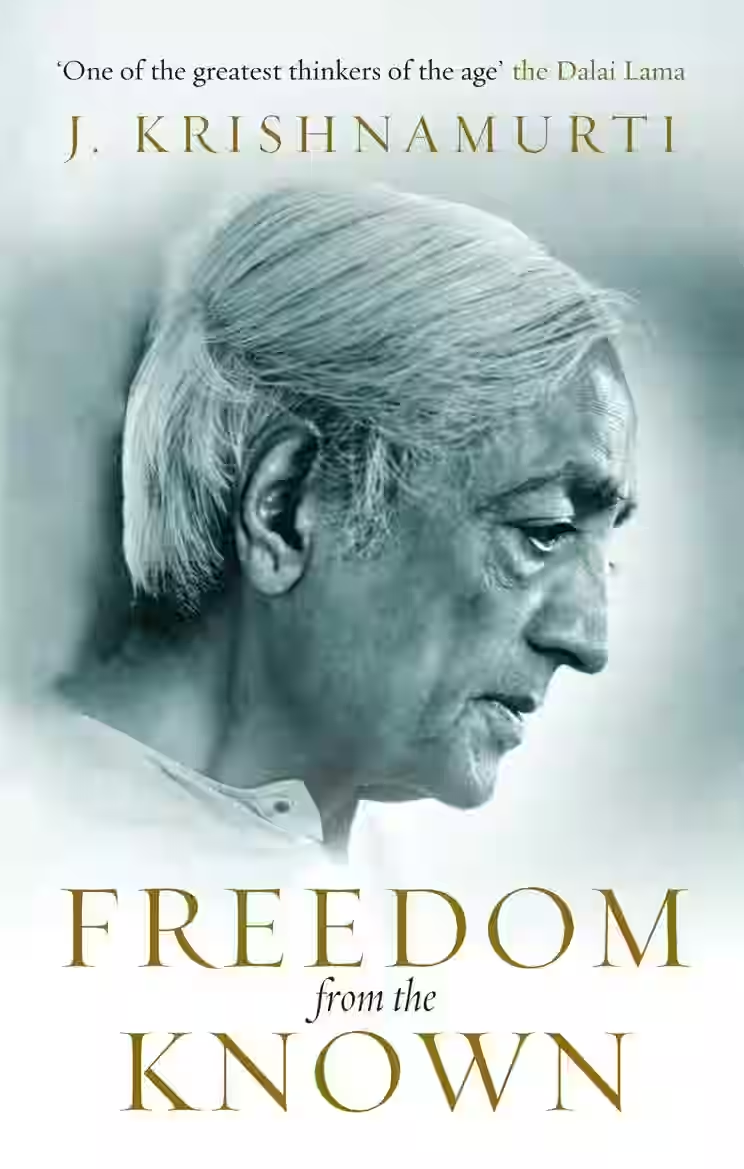
Freedom from the Known
In 'Freedom from the Known,' J. Krishnamurti delves into the deep-rooted human desire for security and certainty, challenging readers to question established beliefs and ideologies to discover true freedom and inner peace. Through profound insights and philosophical reflections, Krishnamurti encourages introspection and self-inquiry as pathways to liberation from psychological conditioning and societal constraints. His emphasis on living in the present moment and embracing change fosters a profound shift in consciousness, offering a fresh perspective on relationships, spirituality, and personal growth. This timeless work serves as a guide for individuals seeking self-realization and a deeper understanding of the complexities of the human mind.
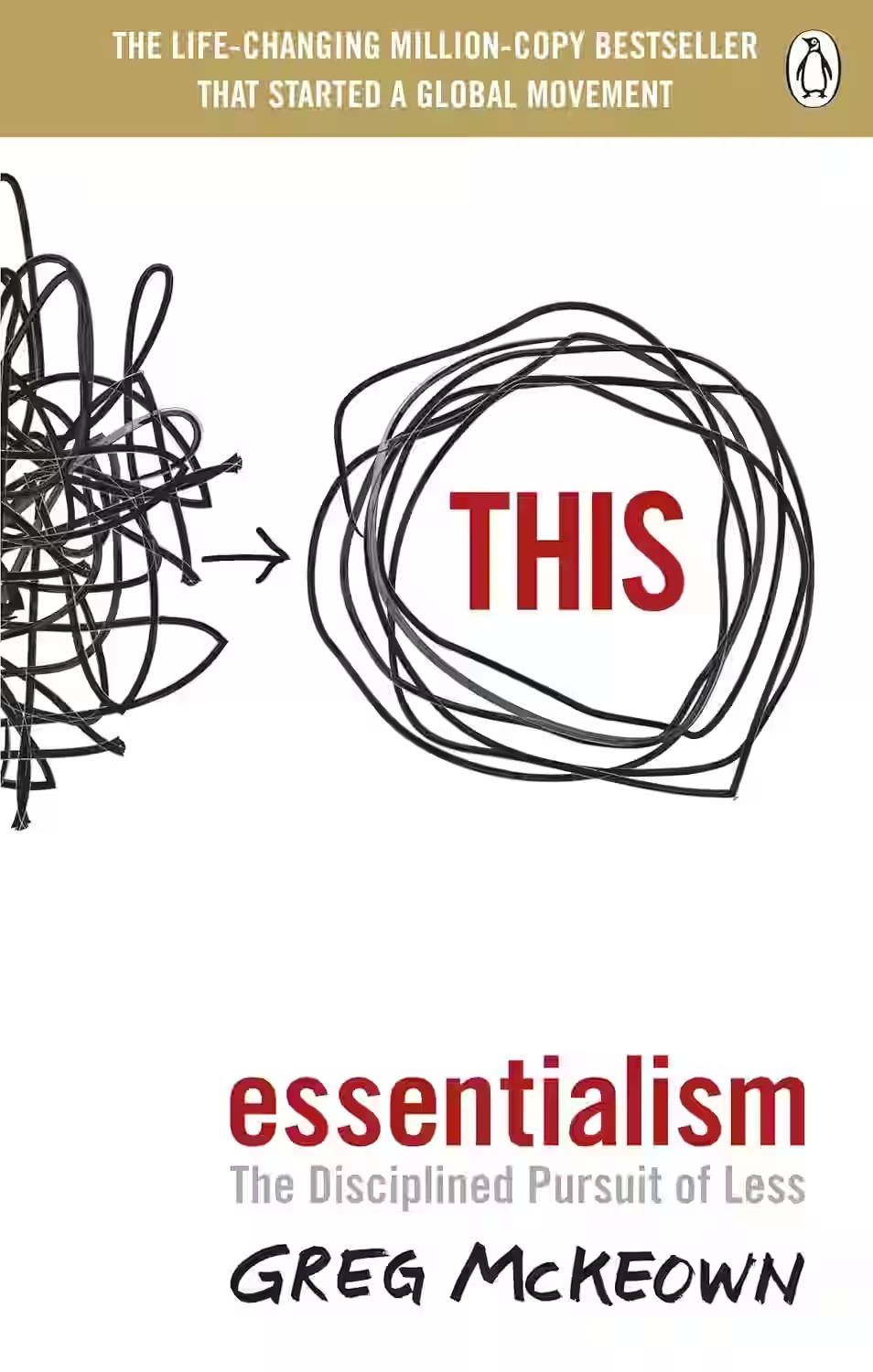
Essentialism: The Disciplined Pursuit of Less
by Greg McKeown
Essentialism is a manifesto for simplicity in an increasingly busy world. Greg McKeown advocates for doing less, but better—focusing only on what is truly important. He challenges the idea that we must do everything and instead teaches readers how to identify their highest priorities, eliminate non-essential tasks, and reclaim control of their time and energy. With practical tips and clear frameworks, the book empowers readers to make deliberate choices, say no more often, and live with intention. Essentialism is about creating space for what really matters—professionally and personally—by embracing the power of focus and clarity.
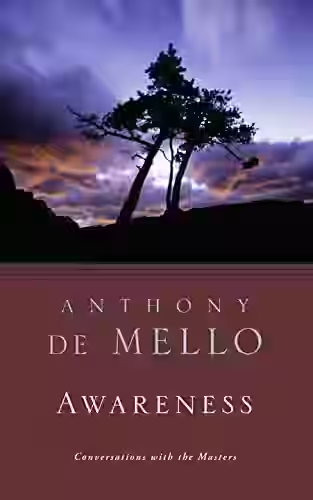
Awareness: The Perils and Opportunities of Reality
In Awareness, Jesuit priest and spiritual teacher Anthony de Mello invites readers to wake up from the illusions of ego and conditioning. Blending Christian mysticism, Eastern spirituality, and psychological insight, he challenges conventional ideas about happiness, success, and self. His message: true freedom comes not from changing the world, but from seeing it clearly. With a tone that is both direct and compassionate, de Mello guides readers toward inner clarity and spiritual awakening. Often humorous and provocative, Awareness has become a modern spiritual classic, widely praised for its life-changing potential and universal wisdom.